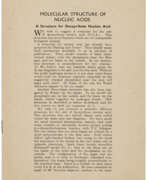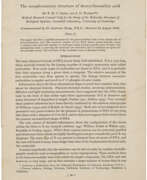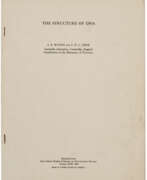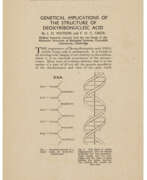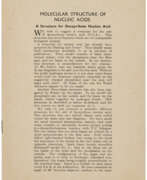James Dewey Watson (1928)
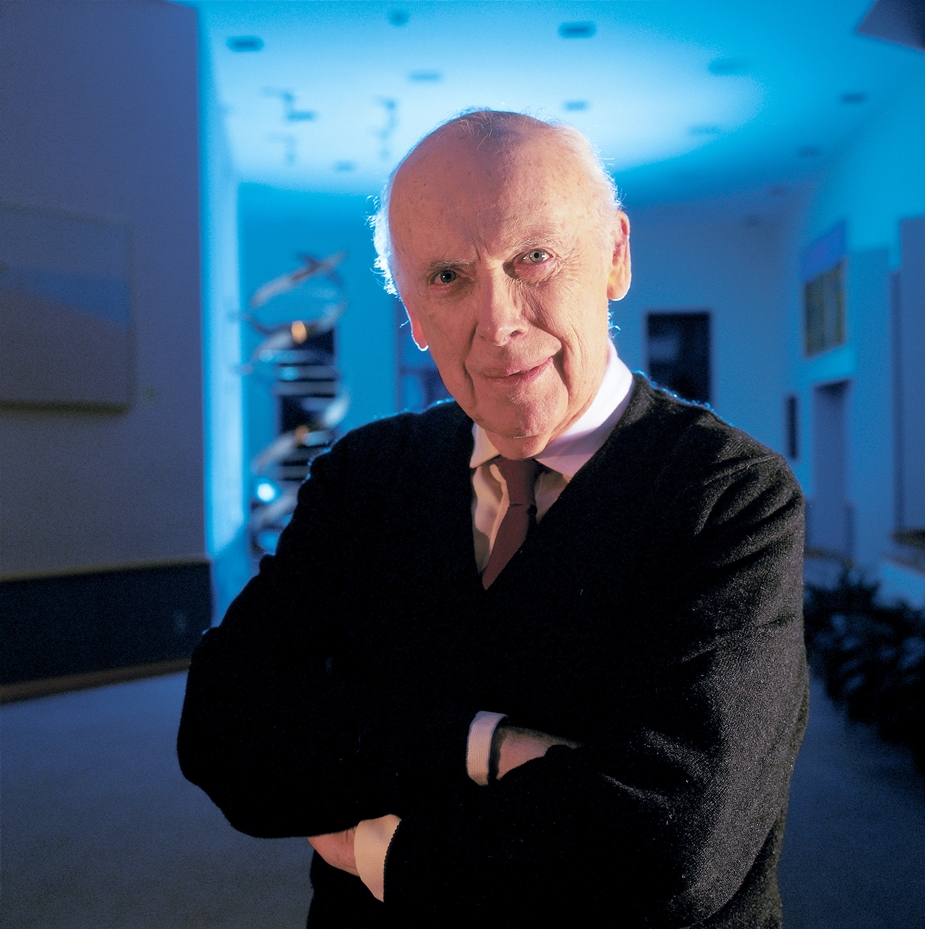
James Dewey Watson
James Dewey Watson was an American geneticist and biophysicist who won the 1962 Nobel Prize in Physiology or Medicine.
At the age of 15, Watson enrolled at the University of Chicago, then attended Indiana University, earning advanced degrees. After working at the University of Copenhagen, where he first decided to investigate DNA, he conducted research at the Cavendish Laboratory (1951-53). There, Watson learned the techniques of X-ray diffraction and worked with Francis Crick on the problem of DNA structure.
Their joint discovery was a key factor in allowing Watson and Crick to formulate the molecular model of DNA, a double helix, similar to a spiral staircase. It played a crucial role in discovering the molecular structure of deoxyribonucleic acid, the substance underlying heredity. For this achievement, he was awarded the 1962 Nobel Prize in Physiology or Medicine, along with Francis Crick and Maurice Wilkins.
James Watson subsequently taught at Harvard University (1955-76), where he served as professor of biology. He conducted research on the role of nucleic acids in protein synthesis. In 1965, he published The Molecular Biology of the Gene, which became one of the modern biology textbooks. From 1988 to 1992, Watson directed the Human Genome Project at the National Institutes of Health. James Dewey Watson is an honorary member of numerous universities and academies around the world, he has received dozens of honors and awards, and he has written numerous books.
| Date and place of birt: | 6 april 1928, Chicago, USA |
|---|---|
| Period of activity: | XX, XXI century |
| Specialization: | Biologist, Educator, Scientist, Writer |

